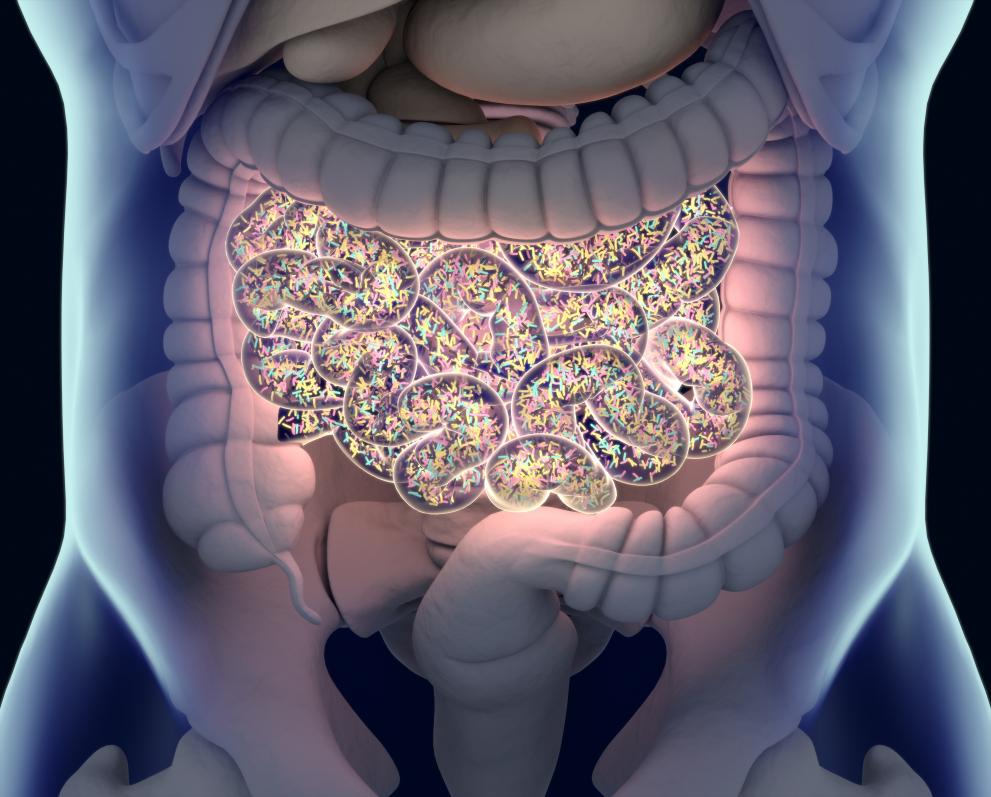
With the winter holidays just around the corner, many of us will be remembering that bloated feeling from previous years and telling ourselves (again) not to overeat this time.
But there's a lot more going on in our guts than Christmas dinner, according to a new report from the JRC. In fact, we have 10 times more tiny microorganisms living in our bodies than we have cells – and they're much more important for our health than many of us imagine.
Our 'gut microbiome' serves an immense variety of genetic functions, and it can be changed by external factors - like our diet or the medicine we take. The scientists warn against the misuse of antibiotics, especially in childhood. As well as adding to the risk of creating resistant microorganisms, it can also hinder the correct development of our gut microbiome and immune system.
The report also looks at potential benefits for healthcare and well-being – from treating chronic illnesses to prolonging our lives. Knowledge on how to modify the gut microbiome could provide new treatment options for medicine in the future. But harnessing this potential in a safe way will require careful regulation. And the health claims of certain foods – like probiotic yoghurts - need to be scientifically verifiable.
Looking after our guts for a healthier, happier, longer life
According to scientists, our gut health starts from the time that we're born. During natural birth and by breastfeeding, the gut microbiome is established and this allows the correct development of the immune system in childhood.
Evidence suggests that if this is interfered by caesarean birth, artificial milk or the use of antibiotics, this can lead to diseases like diabetes in adulthood.
Other health conditions associated with an unbalanced microbiome include:
- Inflammatory bowel disease;
- Coeliac disease;
- Liver diseases;
- Cardiovascular diseases;
- Cancer;
- Autoimmune disease;
- Allergies;
- Alzheimer's disease;
- Mental health issues.
Among the report findings, the scientists also note that faecal transplants –restoring healthy microorganisms in the gut by transplanting faecal bacteria - are emerging as a successful treatment option for life-threatening, antimicrobial-resistant gut infections.
Even aging is related to the microbiome. Experiments with African turquoise killifish showed that replacing the gut microbiome of middle-aged fish by the microbiome of young fish, extended their life span and delayed behavioural decline.
Related Content
JRC technical report: The Human Gut Microbiota
Details
- Publication date
- 20 December 2018
